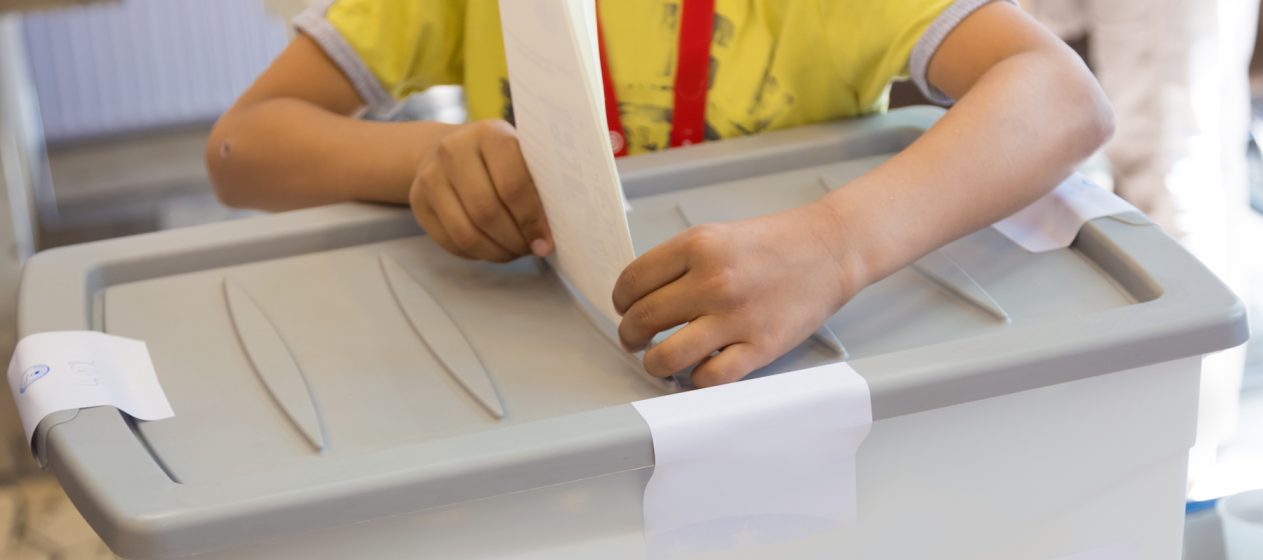Researchers: Dr David Doyle, with Professor Catherine De Vries, Professor Kim Plunkett (Department of Experimental Psychology) and Janette Chow (Department of Experimental Psychology)
Funder: John Fell Fund
What is the relationship between parents’ political beliefs and their children’s attitudes? How do we develop our political attitudes, and how are our moral beliefs about the world formed?
These questions are central to our understanding of politics, but we still don’t understand the development of the cognitive processes which shape our political attitudes and allegiances.
This project takes methods and theory from experimental psychology and behavioural economics to shed light on a question which is central to our understanding of politics.
Using specially created cartoons, which show two characters (“Timmy the Turtle” and “Billy the Bird”), interacting in various ways, the project sets out to measure (using an Implicit Attitude Test (IAT) as well as economic games), how children aged from four to fourteen perceive others’ sharing. Children’s perceptions of sharing are then compared with their parents’ political beliefs, as measured by both a questionnaire and behavioral economic games.
The use of these experimental methods will allow the project to begin to examine how children develop politically and how this affects their attitudes towards resource distribution, equality and sharing. This is the first time such a study has even been undertaken, and the results have the potential to challenge our understanding of political development.





